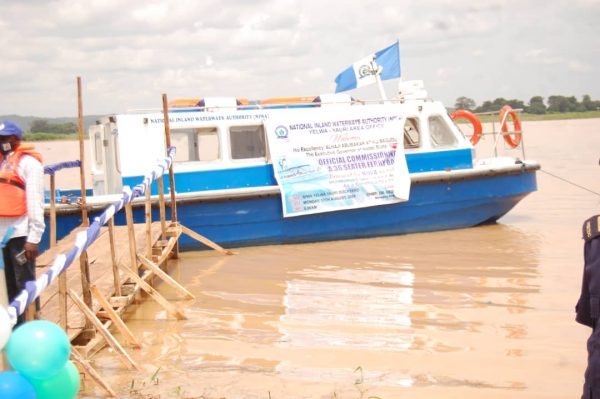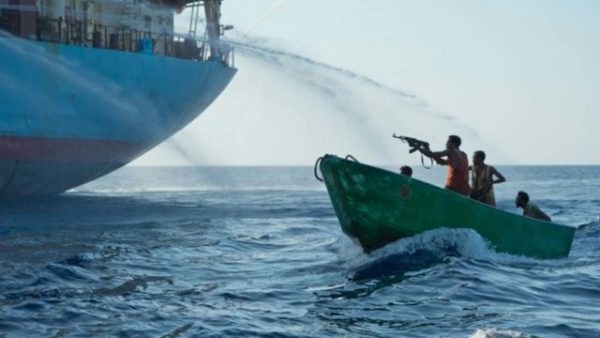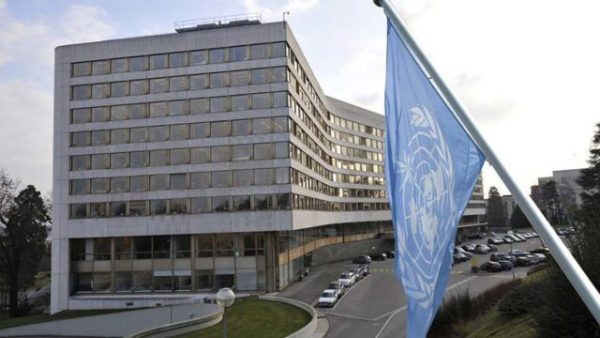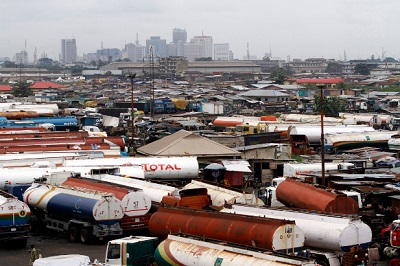Improving Safety On Nigerian Inland Waterways

Enforcing standard safety guidelines is an urgent requisite in the nation’s inland waterways system to inspire confidence in water transport. The death toll from boat accidents has been vexatious: In July 2020, seven corpses were recovered after a boat conveying 19 passengers and two crew members from Ebute-Ero to the Ikorodu area of Lagos capsized around 8pm. 10 persons were rescued in the accident.
In another accident later, 10 passengers were lucky to be rescued after a boat that took off from Ilashe and heading to the Ikoyi area of Lagos capsized around 7pm. Sadly, about 10 passengers were not lucky when another boat capsized in the Apapa area of the state a few weeks after. The boat was said to have taken off from a jetty in Kirikiri en route Badagry when it capsized around 5pm.
In a bizarre case, a boat helmsman currently facing prosecution was accused of switching off his boat engine after an argument with passengers he was conveying from Kirikiri to Badagry. He was reportedly charging N1,500, but his passengers insisted on paying N1,200, after which waves swept off the boat; he promptly jumped out of the vessel, abandoning his passengers to their fate. They all reportedly drowned. In fact, from Kano to Adamawa, Sokoto to Bauchi and Cross River to Bayelsa, leadership failure in enforcing safe water transport is apparent, accounting for preventable loss of lives and leaving several families in grief.
Water transport plays critical roles in the transport system and foreign trade of global economies blessed with imposing waterways and tributaries. Unlike road or air transport, age-old water transport is cheaper to maintain, reliable and aids conveyance of bulky and heavy goods. Nigeria is among the first 15 countries globally ranked in total waterways length according to The World Factbook. But it has yet to explore this gift of nature to proudly end the traffic snarls gripping Lagos, its commercial centre hosting the nation’s busiest seaports and 65 per cent of the industrial sector.
States with waterways should improve on safety guidelines, regulations and enforcement of operations of water transport. Activities of boat operators should be strictly monitored to guarantee operation of only licensed captains in approved jetties. The Lagos models in enforcing safety regulations are noteworthy. It should, however, do more to ensure sanity in the sector with zero tolerance for the operation of illegal jetties, use of non-seaworthy boats and fake life jackets. Boating time must be firmly enforced to forestall accidents. Government must also regulate dredging along the waterways to check boat collisions with heaps of sand.
The National Inland Waterways Authority must distinguish its statutory duties rather than exhibiting bigness in name and smallness in performance. It should rigorously tap into the huge potential in water transport through private sector-led initiative. The sector is a money-spinner if well explored to generate massive opportunities for aquarists, divers, marine biologists, anglers, hydrologists, boat makers, lifeguards and boat pilots.
Countries such as the Netherlands, Germany, the US, Hungary, Poland, Luxembourg and France have dynamically experimented with modern water transport to global esteem. This should interest those saddled with the responsibility of maintaining safe and quality water transport in Nigeria.
UNESCO, in a paper titled, ‘Inland Waterborne Transport: Connecting Countries,’ underscored the significance of water transport. Nigeria, with inadequate means of transport, ought to critically examine the submission. It states, “Traditionally, the benefits of using inland waterways and investing in projects to improve rivers for navigation have included lower costs for the transport of goods compared with other modes, fewer traffic delays, a better safety record, and an increase in the movement of people and goods that encourages domestic and international trade. Increasingly, however, the benefits of IWT are being viewed in a broader sense, including factors such as lower levels of air pollutants, reduced greenhouse gases, less highway congestion, and an improvement in overall safety.”
The regulators should recommend heavy sanctions for anyone found culpable in boat disasters. Like in other boat accidents in the Asian country, Indonesia wasted no time arresting two police officers indicted in a boat disaster in 2001, which killed over 350 persons and reportedly organized by smugglers for illegal immigrants.







